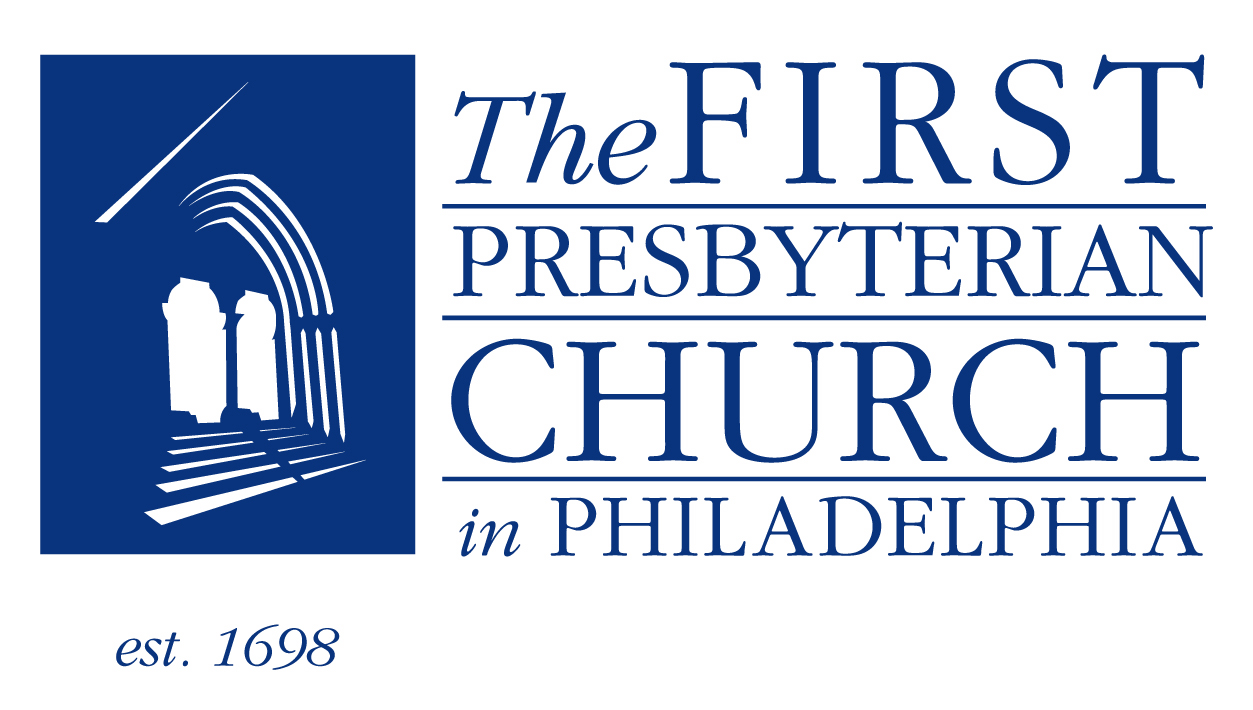The Continuing Relevance of the Barmen Declaration
The Theological Declaration of Barmen is in our Book of Confessions, one of only three additions to the book made in the 20th century. In October 2020 we held a 2-part event with a brief history of the Barmen Declaration and discussion on its relevance today. These are the recordings of the zoom videoconference.
The declaration, a call to resistance against the theological claims of the Nazi state, was adopted in an emergency assembly of German Protestant churches in 1934. The churches were alarmed by the encroachment of the Nazi state into their freedoms and autonomy. The Nazis pressed to create a single Reich Church under a single government, and required loyalty oaths from the ministers to the new regime and to Hitler personally. The traditional boundary between Church and State was to be abolished. In six brief articles, the Barmen Declaration boldly asserted the freedom of the churches to order and govern themselves, and rejected any arguments that they needed another Leader besides Jesus Christ. Among those who attended the assembly was theologian Karl Barth, who is considered to be the primary author of these articles.
In the first of two sessions, Ken Ross outlined the religious and political crisis Hitler forced upon the German churches and detailed the contents of the Barmen Declaration. In the second session he considered the relevance of the Barmen Declaration today.
Please access The Theological Declaration of Barmen for reference during the videos.
Part 1 - "Then: The Politics of Religion" (recorded October 21, 2020)
Part 2 - "Now: The Religion of Politics” (recorded October 28, 2020)


